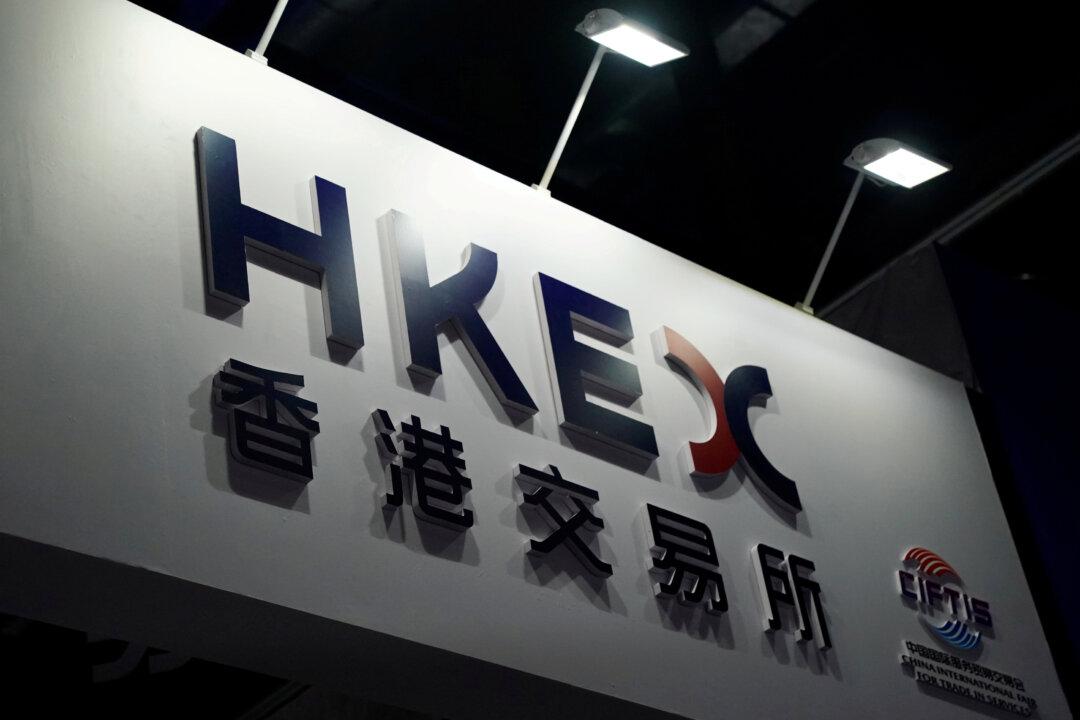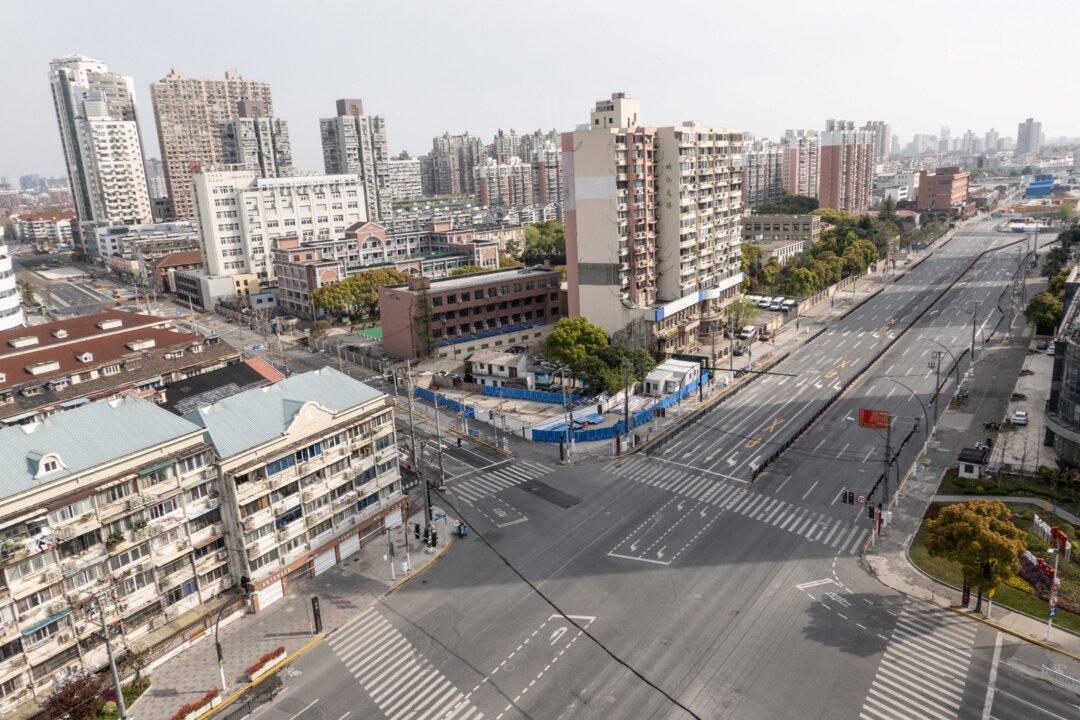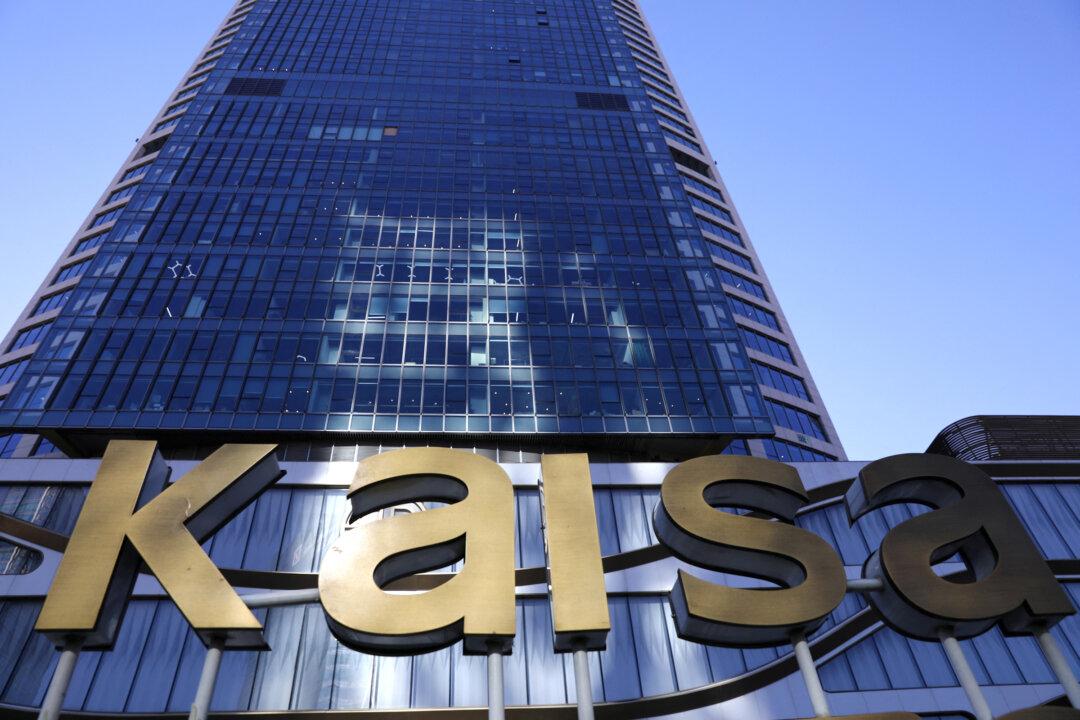China’s central bank will transfer more than one trillion yuan ($158 billion) in profits to the finance ministry this year to help fund fiscal spending and bolster the slowing economy. Economists liken it to the central bank pumping money into the economy at the risk of inflation.
China’s inflation risks are building as producers pass on higher costs to consumers. The producer price index (PPI) rose 8.8 percent from a year earlier in February, data from the National Bureau of Statistics showed Wednesday. The outlook is deteriorating due to the geopolitical tensions caused by Russia’s invasion of Ukraine, which has roiled financial markets and fueled commodity prices.China International Capital Corporation (CICC) said the transfer from the People’s Bank of China represents a significant easing in monetary policy as well as a boost for fiscal spending.
The Chinese economy has started to crumble in the last two quarters, dragged down by a housing market slump, recurring COVID-19 outbreaks, and sluggish consumer spending.Beijing set a challenging growth target for this year of around 5.5 percent, which is in the upper range of most economists’ forecasts, and far higher than 4.8 percent estimated by International Monetary Fund and Fitch Rating.
Last year, China’s GDP grew 8.1 percent, as it was based on a low baseline from the pandemic-plagued year before. But in the final quarter of 2021, the economy only grew 4 percent, and the problems that dragged down growth are still there.
Expectations are that for half of China’s provincial governments the general fiscal income of this year will rise at half the pace it did last year or even slower, placing them under severe fiscal pressure as they try to spend more to bolster a weakening economy, reported Bloomberg, citing provincial budget reports.
The PBOC’s funds will result in an expansion of the monetary base, or the currency supplied by the central bank to the economy, the China International Capital Corp said in a report Wednesday.
Experts agreed that not only would the 5.5 percent growth target be difficult to achieve, but it would rely on debt spending, infrastructure projects, and beefing up the struggling real estate market. These steps have been in place for decades, yet the effect of revitalizing the economy is rapidly dwindling.




